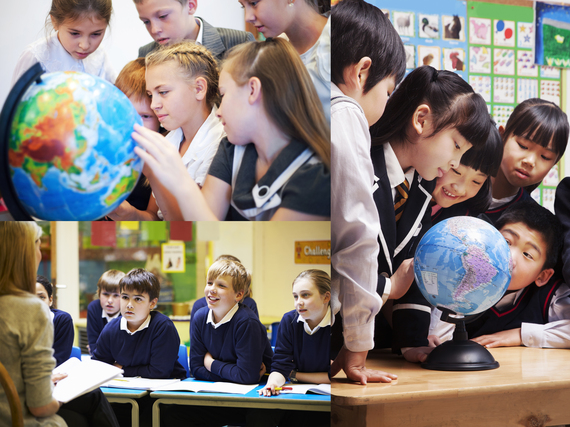
Many renowned thought leaders in The Global Search for Education series have spoken about the need to provide students with the competencies to navigate an increasingly volatile world. Dr. Google knows just about everything and the global economy no longer rewards workers for their knowledge alone. So what are the competencies educators should focus on to help students succeed?
Our Global Teacher Bloggers are pioneers and innovators in fields such as technology integration, mathematics coaching, special needs education, science instruction, and gender equity. They have founded schools, written curricula, and led classrooms in 13 different countries that stretch across every populated continent on earth. These teachers empower and enrich the lives of young people from nearly every background imaginable.
Today in The Global Search for Education, it’s our teachers’ turn to share their answers to this question: What are the important skills, behaviors and attitudes that students need to become contributing global citizens?
“We are teaching students for jobs that don’t exist yet,” writes Craig Kemp (@mrkempnz) in Singapore. While there are some jobs that may stick around, Craig adds, “we just don’t know what the future holds”. So what skills, behaviors and attitudes will contributing global citizens need? Here are the 5 skills Craig perceives to be most important: Read More.
Pauline Hawkins (@PaulineDHawkins) believes the skills, behaviors and attitudes students need in a 21st Century world are so important that she actually wrote a book about them with suggestions for how educators, parents and students can help. For our discussion this month, she shares her skill set perspectives in two categories, noting that a “good work ethic” is critical for both. Read More.
Richard Wells (@EduWells) in New Zealand recommends ways the 21st century teacher can “cultivate an empowering learning environment where students expect to take charge of both prescribed content and global impact, through their own development of networks, projects and feedback loops.” Read More.
“We are no more an isolated identity rather we are a significant part of the global village,” writes Rashmi Kathuria (@rashkath) in India. We are connected politically, economically, environmentally, socially and culturally. Hence, “our wrong or right choices will impact our local community, national community and the entire world.” Rashmi shares a comprehensive list of the competencies she believes students need and includes the international policy adopted by her own school. Read More.
“There is just no way you can beat Google,” says Elisa Guerra (@ElisaGuerraCruz) from Mexico; and so we need to “let go of the traditional view of school as the place where knowledge is loaded into kids’ brains.” So what should we focus on? Elisa shares four ways to challenge the status quo. Read More.
“Many children who live in disadvantaged communities may not fully understand that being a global citizen is not just about traveling,” writes Nadia Lopez (@TheLopezEffect) from Mott Hall Bridges Academy in Brooklyn, New York. She notes that global citizens must understand tolerance and be able to build relationships with diverse cultures and ethnicities. Nadia shares the five skills, behavior, and attitudes she believes are most important: Read More.
“Projects between schools” to “build bridges” are critical because they make it possible for students and teachers to engage and learn from one another, says Maarit Rossi (@pathstomath). Maarit shares a practical example for nurturing world citizens – a program her Finnish students, along with students from Germany and the UK, are participating in to explore ways to combat global climate change. Read More.
Vicki Davis (@coolcatteacher) from Camilla, Georgia says we must invest in the “greatest software in the world… the human brain – what we put into their minds, determines the future for all of us”. So, what should that be? Read More.
“Soft skills can’t be a curricular afterthought,” writes Todd Finley (@finleyt). Todd recommends more focus on skills such as Coherent Communication, Adaptability, Self-regulation, Curiosity, Graciousness, Generosity, Conscientiousness, and Self-reflection; and he believes these must be “deliberately taught, methodically modelled, carefully assessed, and enthusiastically rewarded like the world depends on it.” Read More.
In a word, “Empathy,” is “the most important attitude that our students may need to become contributing global citizens,” writes our Blogger at large Beth Holland (@brholland). Beth notes that much has been written about the need for students to problem solve in a 21st century world, but that before you can problem solve, you must be able to engage with and respect the perspectives of others. Read More.
Miriam Mason-Sesay (@EducAidSL) in Sierra Leone notes a learning community has started gaining the skills, behaviors and attitudes to be national and global contributors when they “know they have the right and responsibility to make their voices heard and to strive to make their immediate world better.” She shares an initiative her community has designed to achieve this vision called Every Voice Counts. Read More.
The Top Global Teacher Bloggers is a monthly series where educators across the globe offer experienced yet unique takes on today’s most important topics. CMRubinWorld utilizes the platform to propagate the voices of the most indispensable people of our learning institutions, teachers.
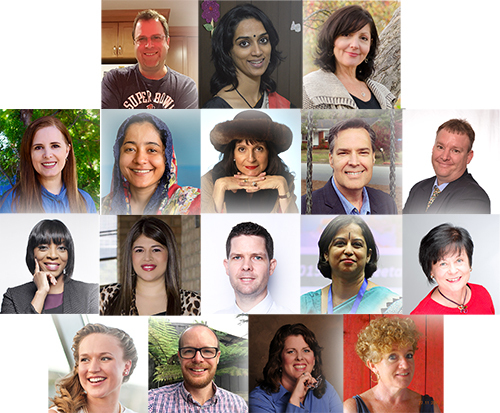
Rashmi Kathuria, Maarit Rossi
(Pictures are courtesy of CMRubinWorld)
Join me and globally renowned thought leaders including Sir Michael Barber (UK), Dr. Michael Block (U.S.), Dr. Leon Botstein (U.S.), Professor Clay Christensen (U.S.), Dr. Linda Darling-Hammond (U.S.), Dr. MadhavChavan (India), Professor Michael Fullan (Canada), Professor Howard Gardner (U.S.), Professor Andy Hargreaves (U.S.), Professor Yvonne Hellman (The Netherlands), Professor Kristin Helstad (Norway), Jean Hendrickson (U.S.), Professor Rose Hipkins (New Zealand), Professor Cornelia Hoogland (Canada), Honourable Jeff Johnson (Canada), Mme. Chantal Kaufmann (Belgium), Dr. EijaKauppinen (Finland), State Secretary TapioKosunen (Finland), Professor Dominique Lafontaine (Belgium), Professor Hugh Lauder (UK), Lord Ken Macdonald (UK), Professor Geoff Masters (Australia), Professor Barry McGaw (Australia), Shiv Nadar (India), Professor R. Natarajan (India), Dr. Pak Tee Ng (Singapore), Dr. Denise Pope (US), Sridhar Rajagopalan (India), Dr. Diane Ravitch (U.S.), Richard Wilson Riley (U.S.), Sir Ken Robinson (UK), Professor Pasi Sahlberg (Finland), Professor Manabu Sato (Japan), Andreas Schleicher (PISA, OECD), Dr. Anthony Seldon (UK), Dr. David Shaffer (U.S.), Dr. Kirsten Sivesind (Norway), Chancellor Stephen Spahn (U.S.), Yves Theze (LyceeFrancais U.S.), Professor Charles Ungerleider (Canada), Professor Tony Wagner (U.S.), Sir David Watson (UK), Professor Dylan Wiliam (UK), Dr. Mark Wormald (UK), Professor Theo Wubbels (The Netherlands), Professor Michael Young (UK), and Professor Minxuan Zhang (China) as they explore the big picture education questions that all nations face today.
The Global Search for Education Community Page
C. M. Rubin is the author of two widely read online series for which she received a 2011 Upton Sinclair award, “The Global Search for Education” and “How Will We Read?” She is also the author of three bestselling books, including The Real Alice in Wonderland, is the publisher of CMRubinWorld, and is a Disruptor Foundation Fellow.
Follow C. M. Rubin on Twitter: www.twitter.com/@cmrubinworld


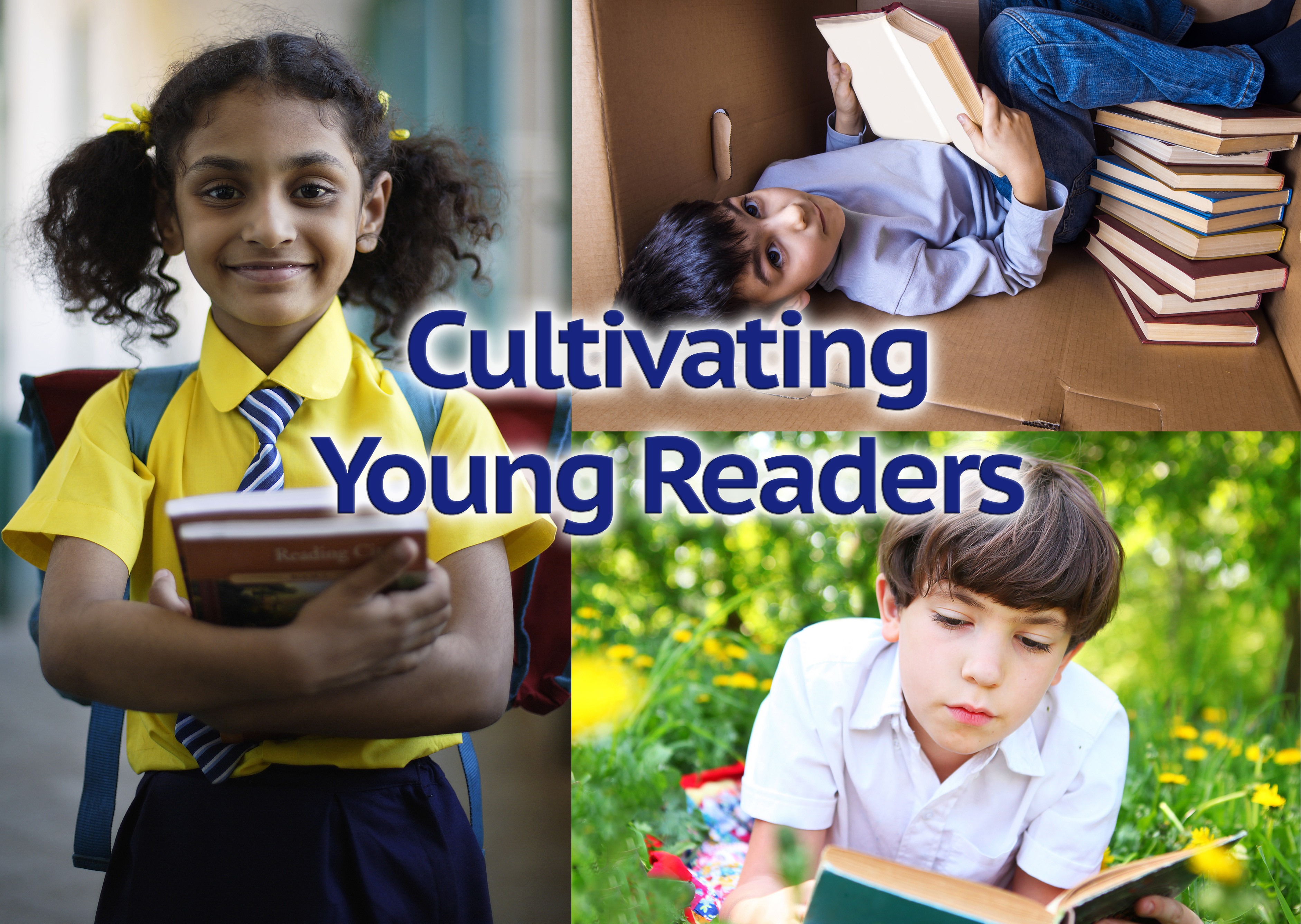
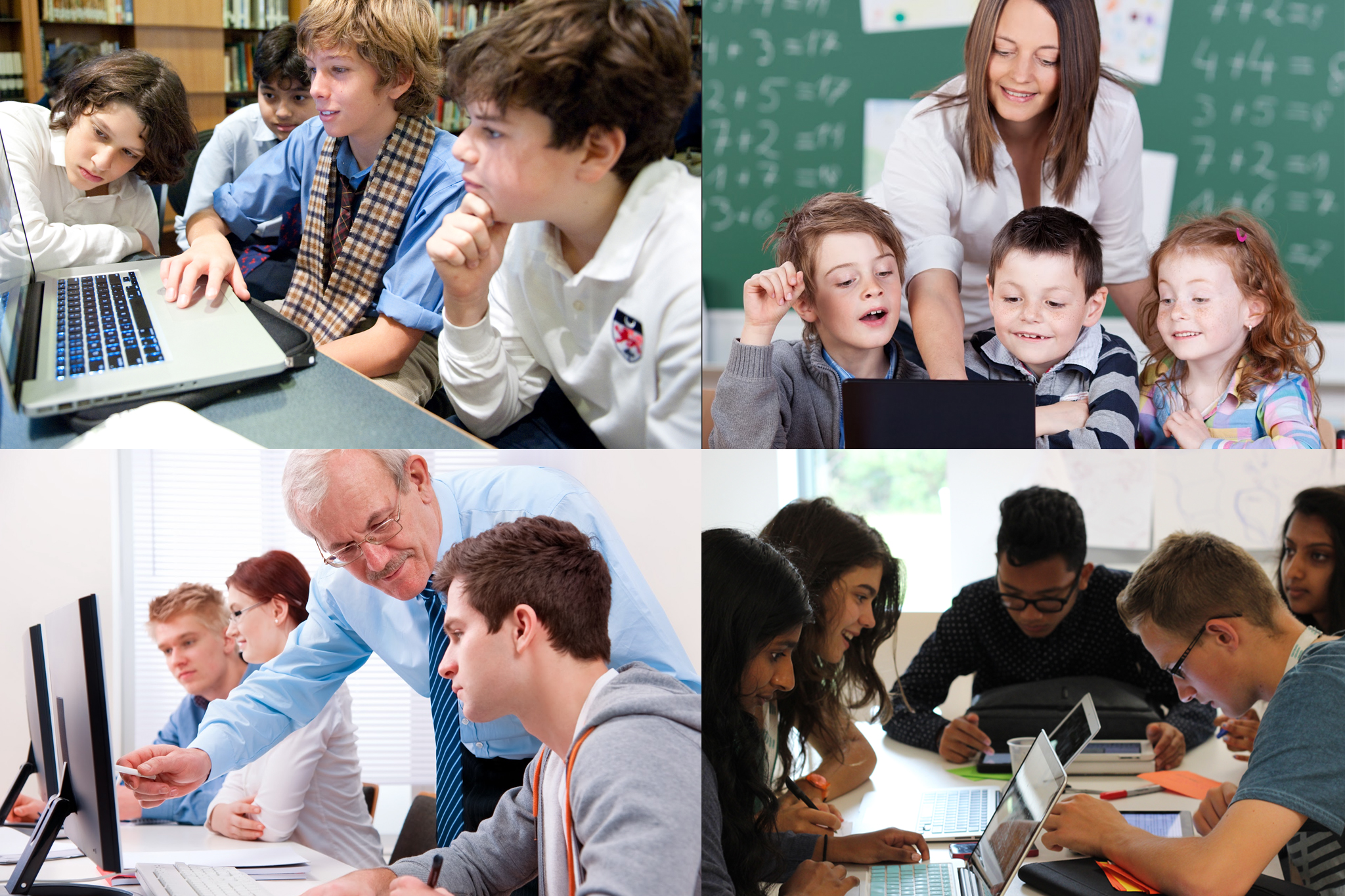
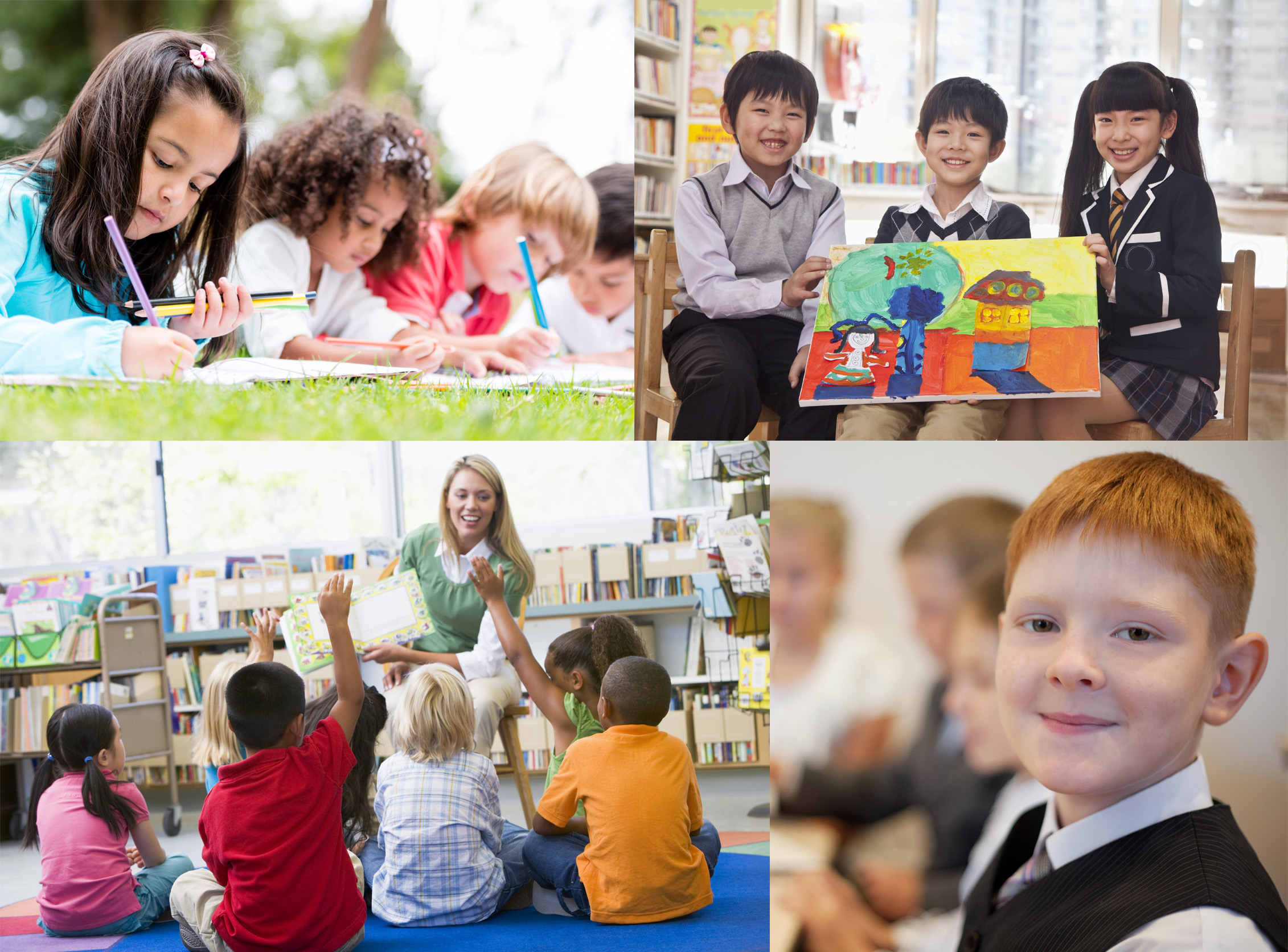
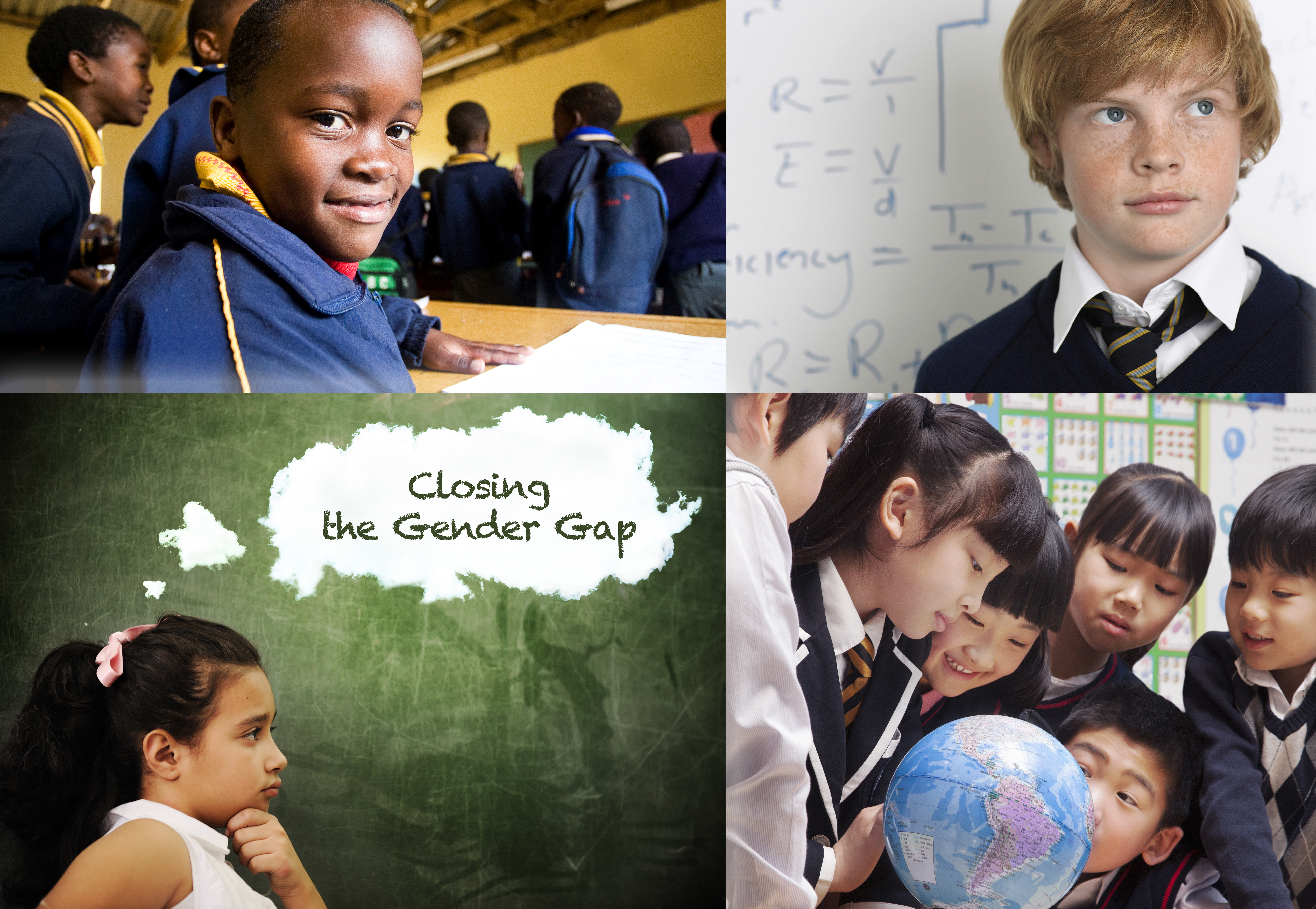
Recent Comments